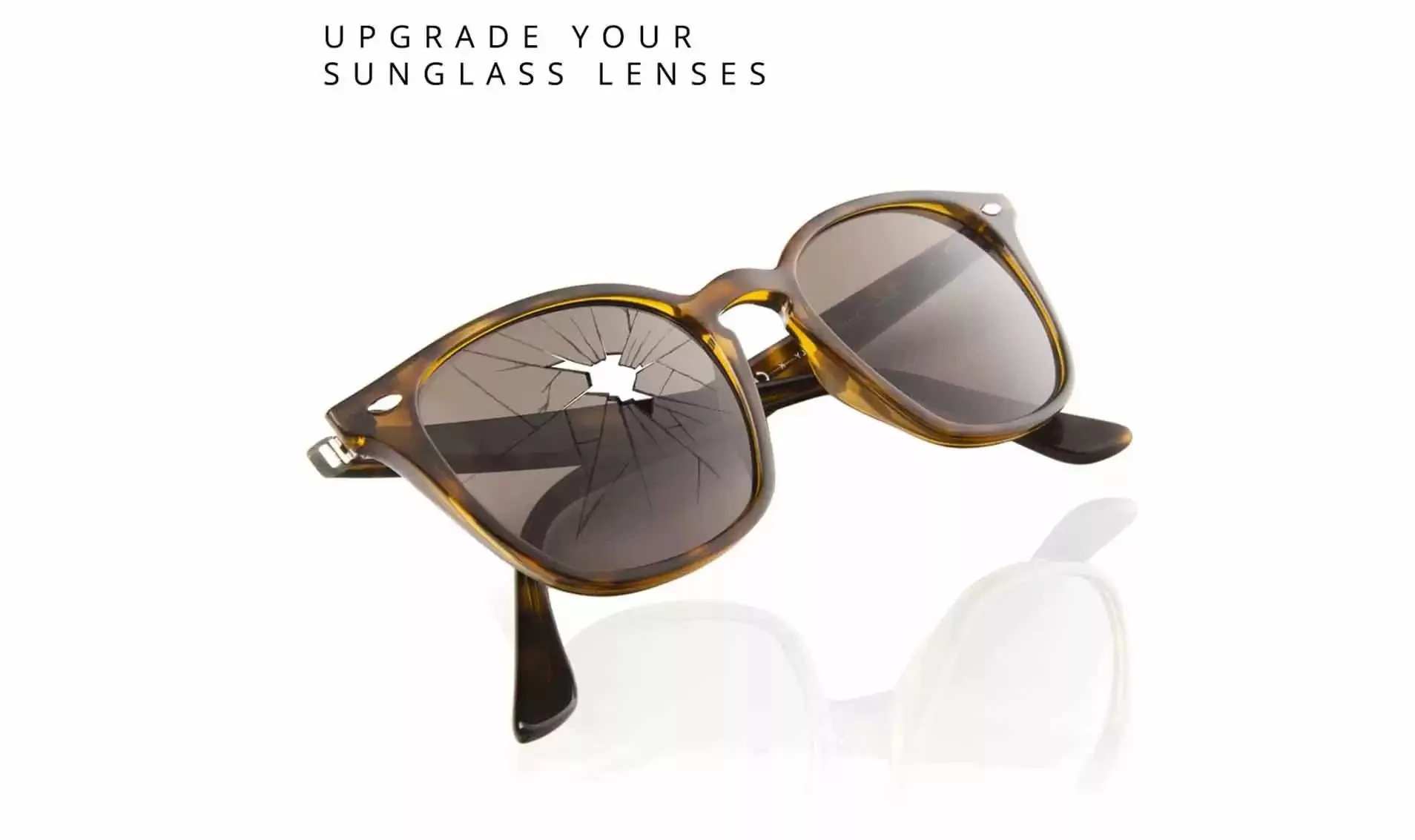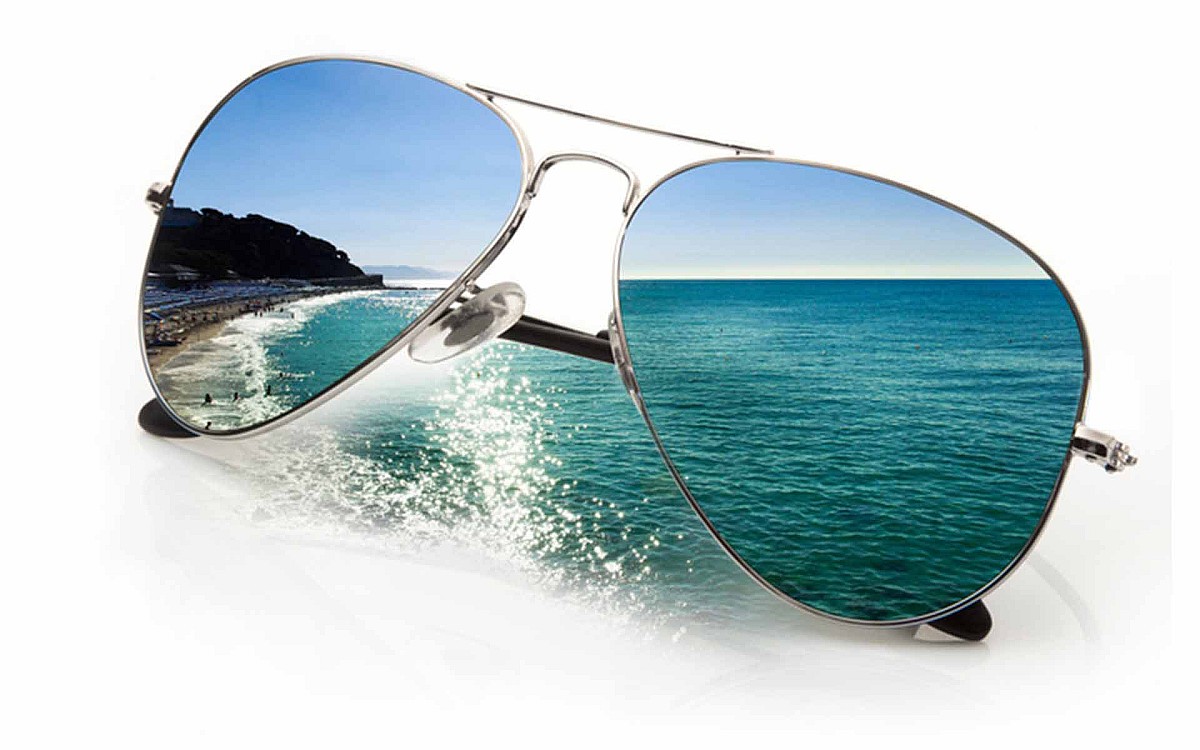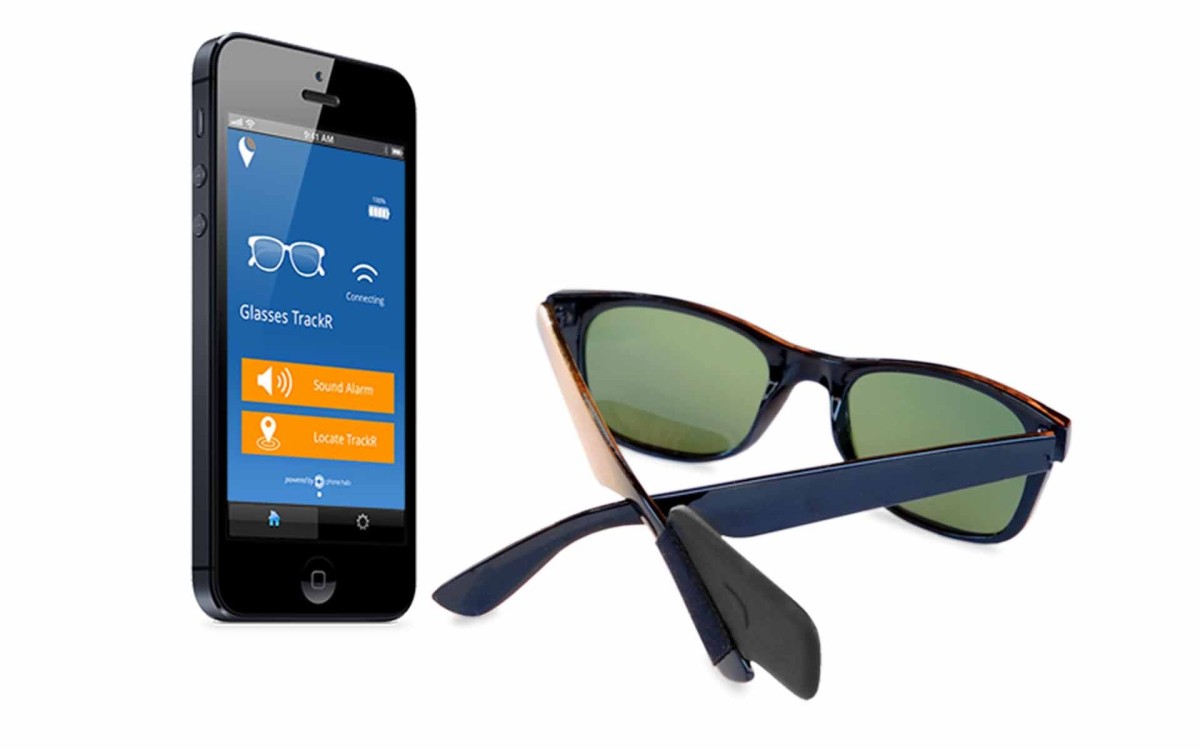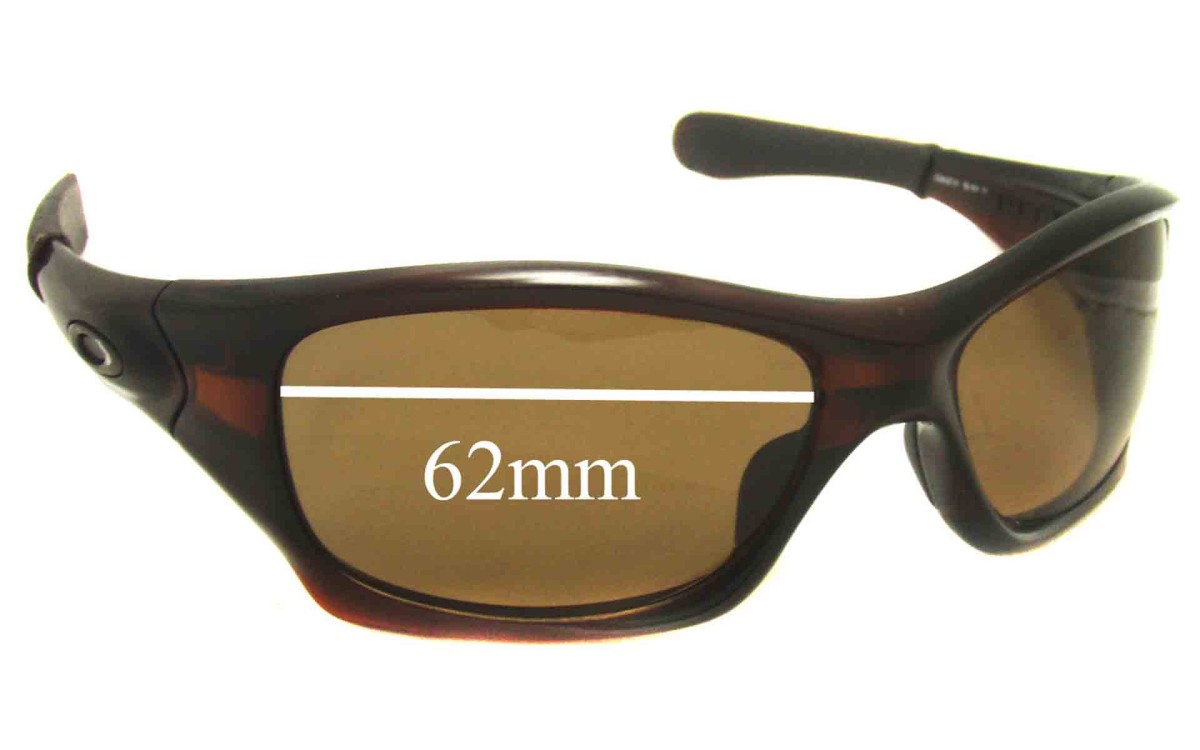As ecological consciousness has become more and more characteristic of the world's inhabitants, we've found ways to ""greenify"" nearly every industry. One market that has remained untapped, however, is the vision care market. In 2012, about 95.9 million pairs of sunglasses were sold, generating about $34.54 billion. On eBay, men's sunglasses sold every 90 seconds. At $150-$300 a pop, designer sunglasses fly off the shelves, but they also tend to fly pretty quickly to landfills. Sunglasses tend to break easily, and most people just toss them in the garbage when they do. Until now, the thought of replacing scratched sunglass lenses or broken sunglass lenses has been far from most consumers' minds.
Fortunately, that option is now quite accessible. Sunglass lens replacement is not only a more sustainable option, but a wallet-friendly one. Sunglass replacement lenses were once only available from the manufacturers of designer sunglasses, but new companies selling high-quality aftermarket lenses are popping up all over the world.
Good for Your Wallet
We hate to think of it, especially when we're putting up hundreds of dollars for designer sunglasses, but the high cost of those shades is hardly reflective of lens quality. Instead, that money goes toward marketing and sponsorship. In many cases, the unbranded aftermarket lenses sold by smaller companies are actually of higher quality and lower price. In some cases, the cost to replace sunglass lenses is as little as one tenth the cost of new sunglasses.
Good for the Earth
It's horrifying to consider, but hard plastics take at least 500 years to biodegrade, and the toxins they release during the process can spread thousands of miles through the ocean. One benefit to choosing to replace sunglass lenses is putting a dent, however small, in the amount of plastic sitting in landfills and harming our global ecosystem. It might seem like a small step, but it can mark the beginning of a major impact.
Next time your sunglass lenses break, can you replace them instead of tossing the whole pair in the bin? It's better for your wallet and better for the environment. Who can argue with that?









